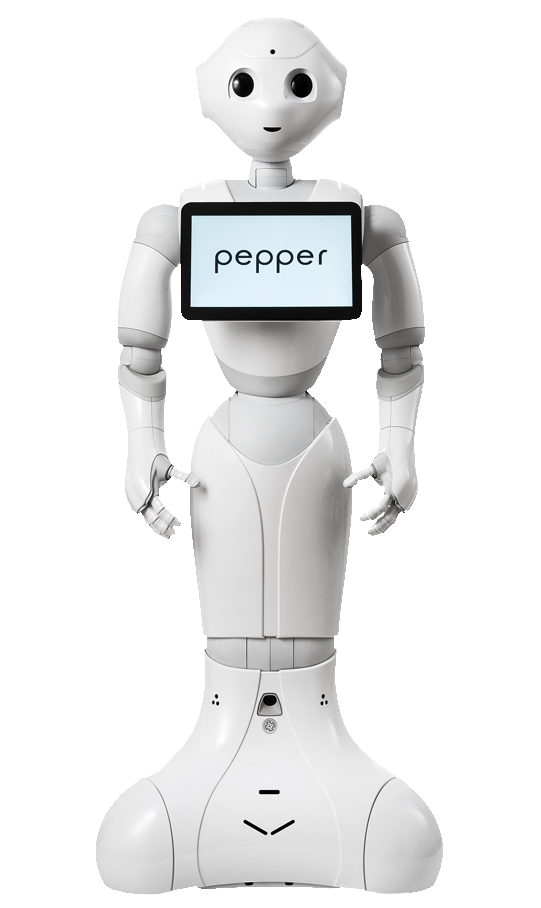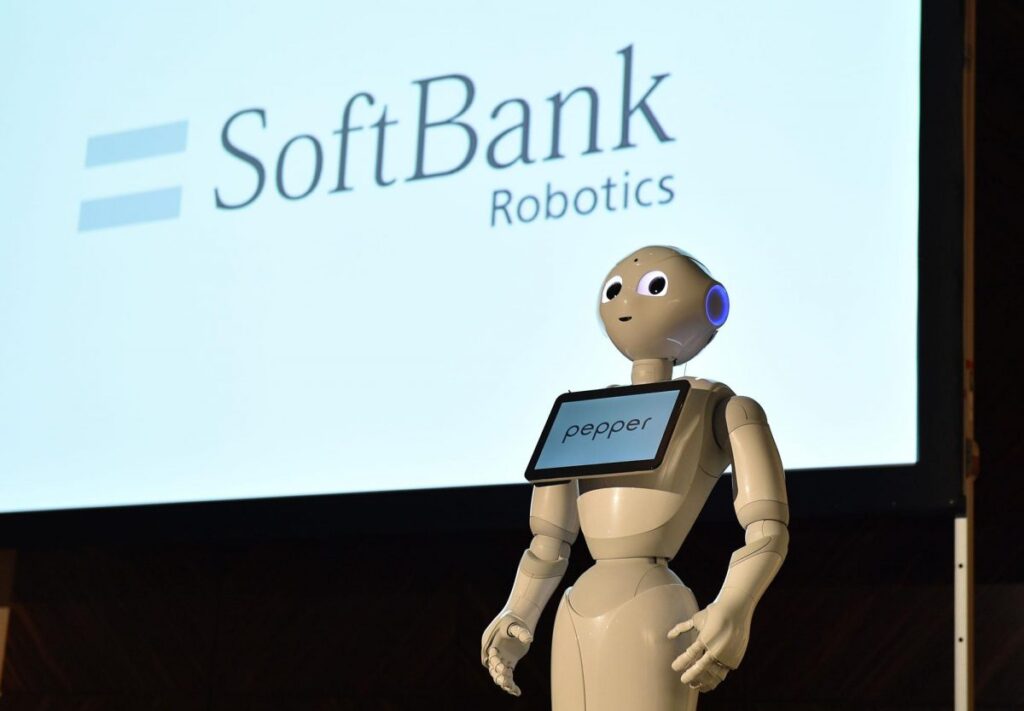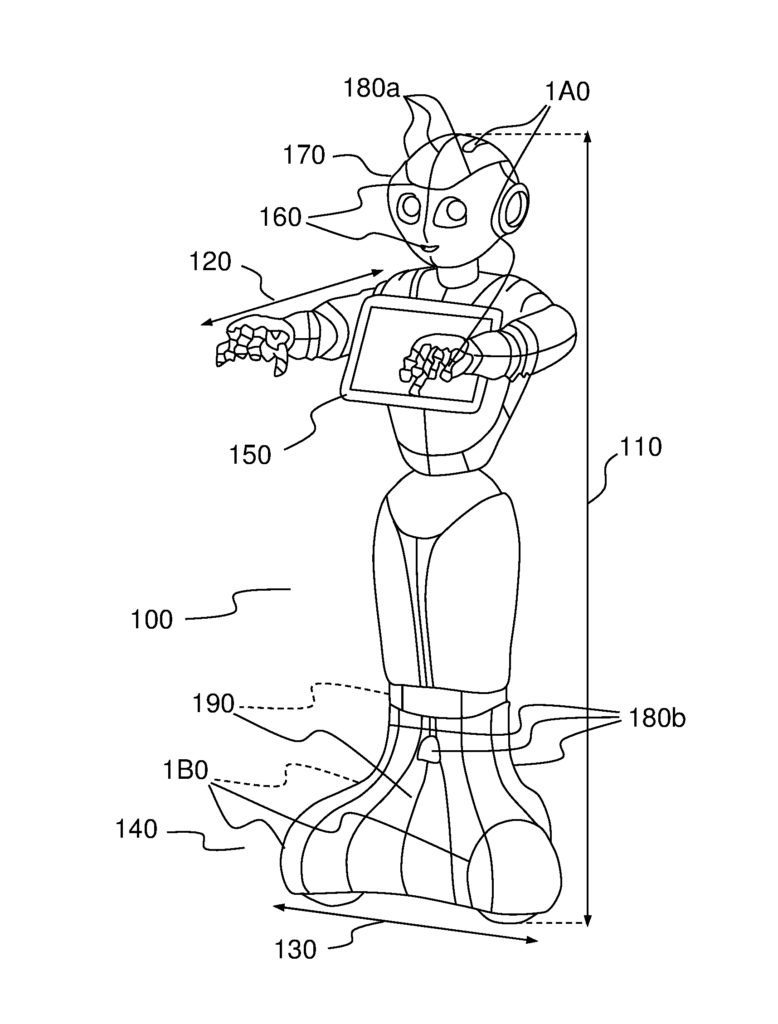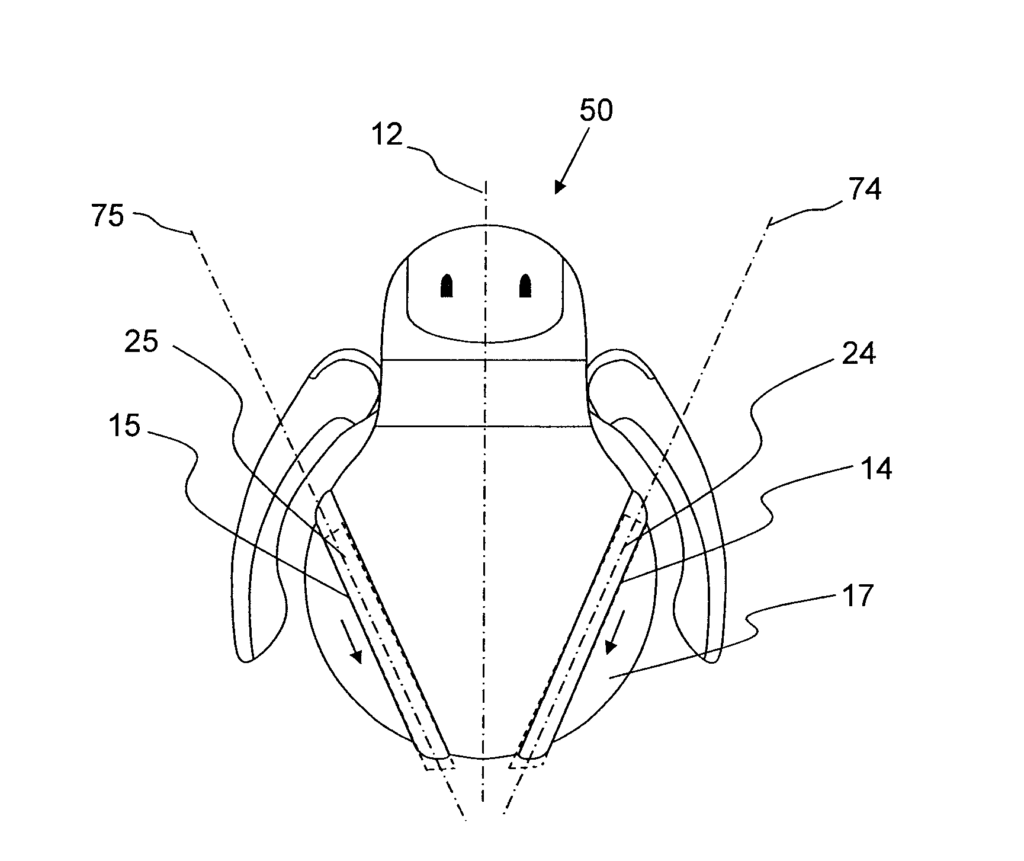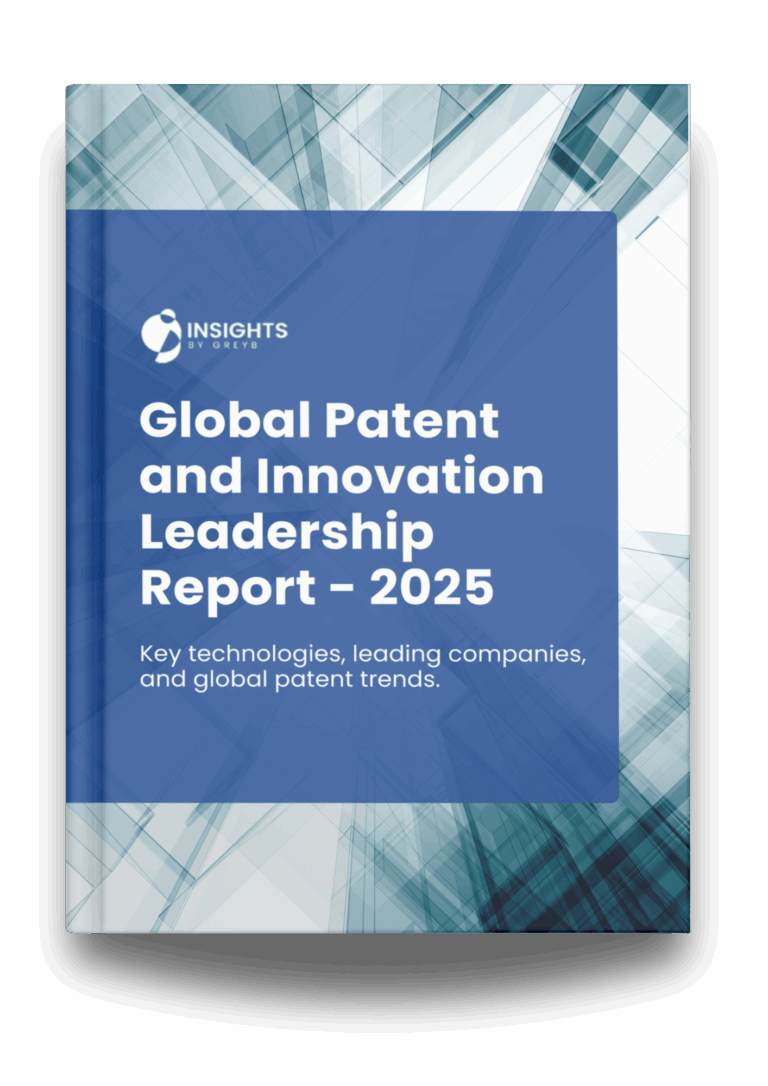SoftBank Pepper is a friendly humanoid robot designed to interact with people and help them with various tasks, such as answering questions or providing information. Created by SoftBank Robotics, Pepper is known for its ability to recognize emotions and engage in conversations.
Image Cerdit: Source
Recently, SoftBank has been updating Pepper to improve its capabilities, including better understanding of human emotions and enhancing its use in customer service roles in places like stores and hospitals. Pepper continues to be a popular choice for businesses looking to provide innovative customer experiences.
Image Credit: Source
Working Principle
The working principle of SoftBank Pepper revolves around the integration of humanoid robotics, AI-driven interaction, and sensory perception technologies. Here’s how it operates:
Humanoid Robotics
Pepper’s design incorporates a human-like form with articulated arms and a head, enabling it to engage in expressive gestures and maintain eye contact. Its mobility system allows it to move smoothly in various environments, enhancing its interactive capabilities.
AI-Driven Interaction
Pepper is powered by AI that enables it to recognize and respond to human emotions through voice and facial recognition. This AI system allows Pepper to engage in meaningful conversations, answer questions, and provide information tailored to the user’s needs.
Sensory Perception
Pepper is equipped with a variety of sensors, including touch sensors, cameras, and microphones, enabling it to perceive its environment and interact effectively with people. These sensors allow Pepper to navigate spaces, recognize objects, and respond to physical interactions.
Smart Integration
Pepper can be integrated with various software platforms and IoT systems, allowing it to perform tasks like customer service, data collection, and entertainment. It can be controlled via a mobile app, providing users with the ability to customize its functions and monitor its interactions.
Key Patents behind SoftBank Pepper Technology
KR102406815B1 – This patent describes the advanced emotional recognition system used in SoftBank Pepper. It details how Pepper’s sensors and AI algorithms work together to detect and interpret human emotions through facial expressions, voice tone, and body language. This system allows Pepper to respond in a way that feels natural and empathetic to users.
CA3022383A1 – This patent focuses on Pepper’s communication system, which enables it to engage in fluid and context-aware conversations with users. The document outlines the methods used to process natural language inputs and generate appropriate verbal responses, ensuring Pepper can hold meaningful dialogues.
CA3005651A1 – This patent covers Pepper’s mobility system, which includes the mechanics and software that allow Pepper to move around and navigate spaces autonomously. It explains the integration of sensors and motion algorithms that help Pepper avoid obstacles and interact with its environment seamlessly.
Products Working on Similar Technologies
SoftBank Pepper competes in the market with other humanoid and social robots, such as the Hanson Robotics’ Sophia and the Furhat Robotics’ Furhat. While Sophia focuses on realistic human appearance and AI-driven conversation, Furhat offers customizable facial expressions and voice interactions. Each robot has unique features designed to enhance human-robot interaction in various settings.
Conclusion
SoftBank Pepper represents a significant advancement in humanoid robotics, offering a blend of emotional intelligence, interactive capabilities, and adaptability. By integrating AI-driven interaction, sensory perception, and humanoid design, Pepper continues to push the boundaries of what social robots can achieve. This robot not only enhances user experiences across various industries but also highlights Softbank’s commitment to innovation in the field of robotics.
Need to know anything else? We got you covered!

